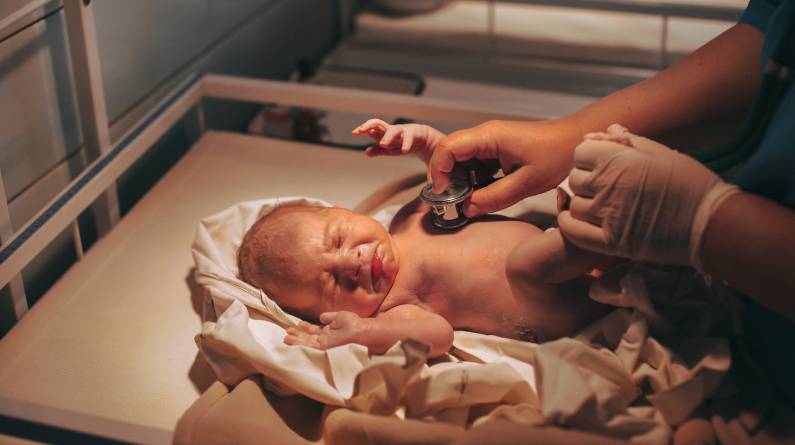Understanding Neonatal Jaundice: Causes, Symptoms, and Treatment
Neonatal jaundice is a common condition that affects newborn babies, causing a yellowish discoloration of the skin and eyes. This condition occurs when there is a high level of bilirubin in the blood.
What is Bilirubin?
Bilirubin is a yellow substance produced in the body to aid in the digestion of fats in the intestine. After its job is done, the liver breaks down the bilirubin, which is then eliminated through stool.
Physiological Jaundice
All newborns have higher levels of bilirubin in their blood soon after birth, known as physiological jaundice. This is because the baby’s liver takes time to efficiently break down bilirubin. Physiological jaundice is noticeable around 2 days after birth and subsides within 2 weeks.
Breastfeeding and Jaundice
Breastfeeding infants may experience jaundice due to low milk supply, leading to dehydration. Additionally, breastmilk jaundice can occur when substances in breast milk affect the liver’s ability to break down bilirubin.
Conditions that Cause Neonatal Jaundice
Certain conditions can increase the risk of neonatal jaundice, including:
– Premature birth
– Sickle cell anemia
– Rh incompatibility or ABO incompatibility
– Bleeding under the scalp due to birth injury
– Higher than usual levels of red blood cells
– Lack of enzymes
– Certain medications taken by the mother during pregnancy
– Infections like rubella or syphilis
– Liver diseases like cystic fibrosis or hepatitis
– Low oxygen levels during birth
– Sepsis
– Genetic or inherited disorders
Symptoms of Neonatal Jaundice
The main symptom of neonatal jaundice is yellowing of the skin and the white part of the eyes. Other symptoms may include:
– Difficulty waking up
– High-pitched crying
– Poor feeding
– Fever
– Backward arching of the neck and body
Complications of Neonatal Jaundice
Untreated neonatal jaundice can lead to serious complications, including:
– Acute bilirubin encephalopathy: High levels of bilirubin can cause damage to the brain.
– Kernicterus: Permanent damage to the brain can occur if acute bilirubin encephalopathy is left untreated.
Prevention and Treatment
Preventing neonatal jaundice is crucial. Breast-fed infants should have 8-12 feeds per day during the first few days of life. Formula-fed infants should be given 1-2 ounces of formula every 2-3 hours during the first week.
By understanding the causes, symptoms, and treatment options for neonatal jaundice, parents and caregivers can take proactive steps to prevent and manage this condition.
References:
https://www.mayoclinic.org/diseases-conditions/infant-jaundice/symptoms-causes/syc-20373865
https://emedicine.medscape.com/article/974786-overview

